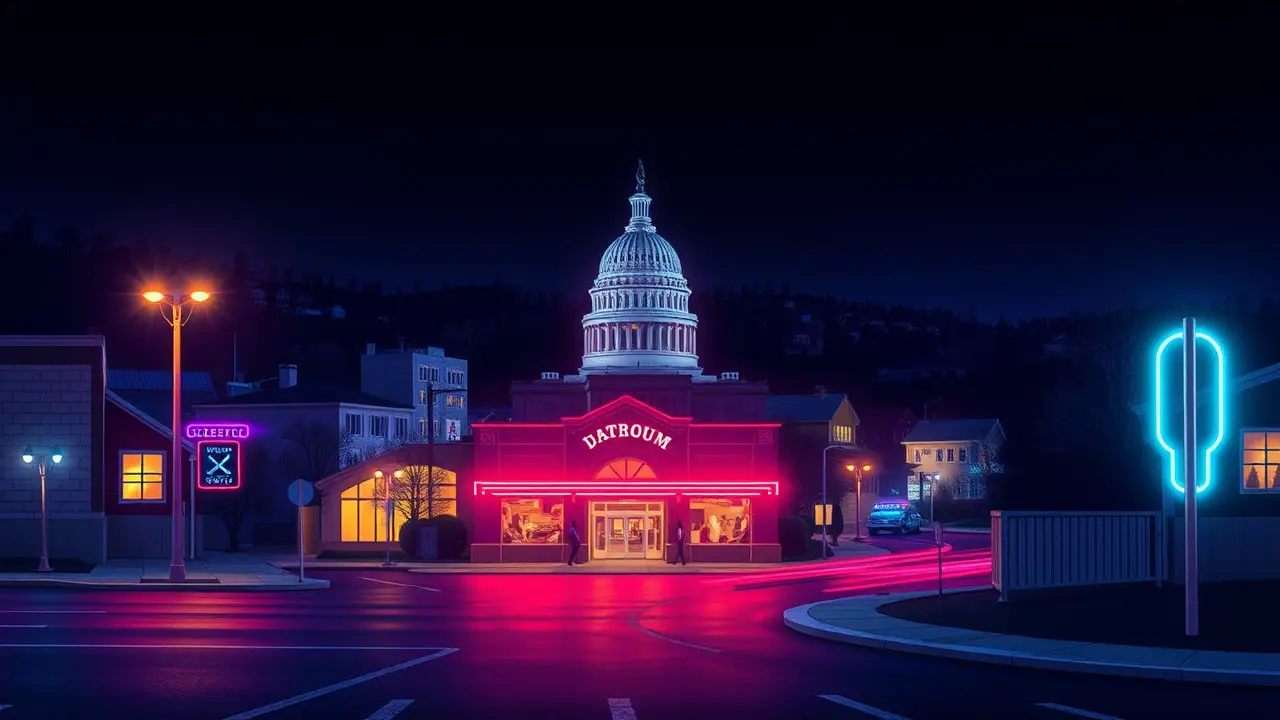US Town Anxious Over Government Shutdown
The political theater in Washington, D. C., a city accustomed to performative gridlock, feels like a distant, abstract drama until its consequences land with brutal force in places like Martinsburg, West Virginia. Here, nestled in the Eastern Panhandle, the federal government isn't a bureaucratic monolith discussed on cable news; it's a primary employer, a vital economic engine, and the source of stability for thousands of families connected to the Veterans Affairs Medical Center, the Coast Guard National Vessel Documentation Center, and a myriad of other federal installations.As the shutdown enters another day, the anxiety in Martinsburg is a palpable, living thing—a quiet dread that permeates the coffee shops and grocery lines, far removed from the soundbites and posturing of Capitol Hill. This isn't just about suspended services or shuttered visitor centers; it's about Mary, a furloughed USDA clerk, staring at a spreadsheet of monthly bills and wondering how long the savings will last.It's about David, a contractor for the Federal Aviation Administration, who knows his paycheck stops immediately, with no promise of back pay, forcing an immediate reassessment of his daughter’s college tuition payment due next month. The local economy, a delicate ecosystem of small businesses that rely on the disposable income of federal workers, braces for the impact; the diner that does a brisk lunch trade with VA employees, the auto repair shop that services their cars, the local cinema—all face a sudden, sharp contraction in demand.This scenario is tragically familiar, a ghost of shutdowns past like the 2013 ordeal that lasted 16 days or the record-breaking 35-day closure in 2018-2019, each leaving lasting scars on federal communities and costing the national economy billions. Experts from the Government Accountability Office and nonpartisan budget watchdogs have repeatedly warned that these disruptions are a profoundly inefficient and damaging way to conduct the nation’s business, eroding public trust and undermining the very notion of governance.The human cost, however, is immeasurable, creating a ripple effect of financial insecurity and psychological stress that extends far beyond the duration of the political impasse. For Martinsburg, and hundreds of communities like it across the country, the debate in Washington is no longer a political abstraction; it is a countdown clock on their financial solvency, a stark reminder of their vulnerability to decisions made in rooms they will never enter.
It’s quiet here...Start the conversation by leaving the first comment.
